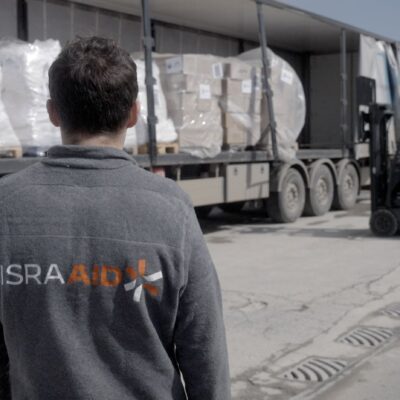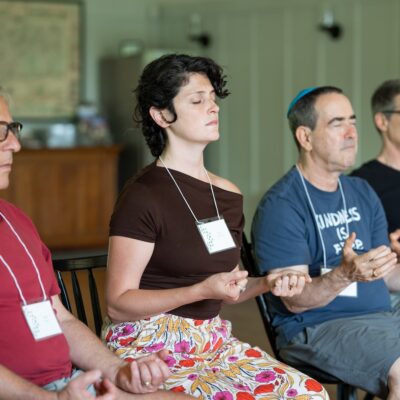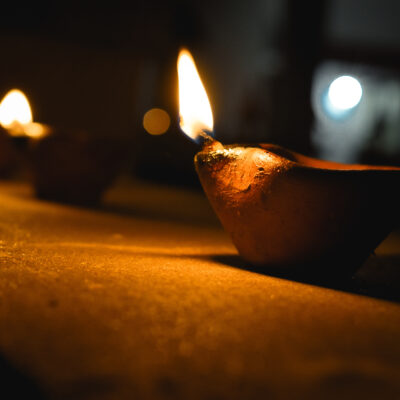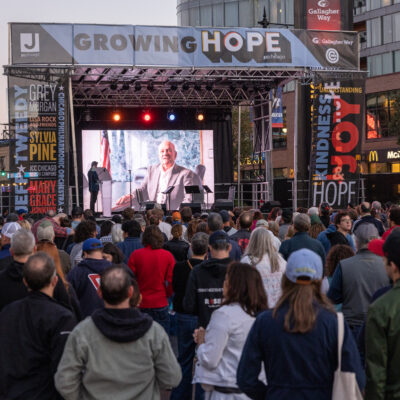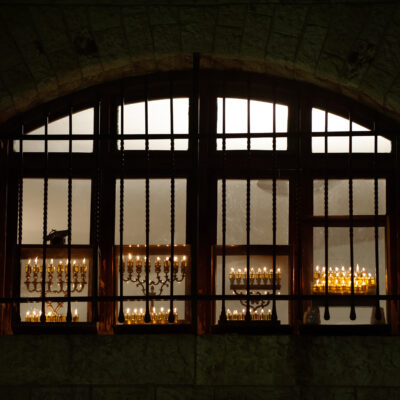Restorative Justice and Teshuva Following Sexual Misconduct

By Alissa Ackerman and Guila Benchimol
As Jewish women and professionals who study, teach about, and are survivors of sexual violence we have been listening to the conversations about teshuva following public disclosures about sexual harassment in the Jewish world. Some believe that it is neither the time nor place for this discussion while others, including survivors, want to discuss it but feel silenced. Since this month of Elul demands reflection on the impact of our actions, we would like to offer insights from the criminological field about a practice known as restorative justice and how it is aligned with, and goes further than, teshuva. We also recognize that restorative justice can be painful for survivors to consider or that they may be uninterested and it is understandable and acceptable if they never want to engage in it.
What is Restorative Justice?
Despite popular belief, restorative justice is not soft on the wrongdoer and its purpose is neither rehabilitation nor the returning of wrongdoers to positions they once held. It is not a legal process or mediation and it is not about reconciliation. While the process may foster forgiveness, it is certainly not its goal because the decision to forgive is only and always up to survivors.
Restorative justice focuses on repairing the harm caused to individuals, families and friends, and communities. Any of the ways to engage the process must be survivor-centered and trauma-informed. A key component is that the person who was harmed has the opportunity to share their truth and the impact of their experience. The offender must listen, firsthand, about the pain they have caused to their victims and how their actions have permeated across time and relationships. Additionally, the person who caused harm must accept responsibility for their actions. In this way, victims are heard and also hear offenders answer for their actions.
Ideally, the person who has been harmed asks for restorative justice but, at times, offenders or people from the community inquire about convening a process. Inclusivity and collaboration are central because restorative justice recognizes that people belong to communities and that the harm they have caused or endured impacts wide networks. Therefore, after much preparation and education, the process culminates in a restorative justice conference or circle with survivors, offenders, and their support people facilitated by a skilled practitioner. For survivors who want to engage but find it difficult to sit with those who have harmed them, other avenues of participation are available.
Michelle Meyers, CEO of Tzedek, an Australian based support and advocacy group for Jewish victims/survivors of child sexual abuse and a restorative engagement facilitator, explains that “research has identified the benefits of the restorative process in cases of child sexual abuse including acknowledgement of the trauma, challenging the secrecy, reattributing blame, enabling the voice of the survivor to be heard and believed, and using shared knowledge to seek safe solutions.” Drawing on Kathleen Daly’s restorative work, Michelle lists “acknowledgement, readiness, participation, voice, validation, vindication, and accountability” as the fundamental elements of any restorative justice process.
Teshuva, Restorative Justice, and Community
The concept of teshuva is not new to the aftermath of wrongdoing. Like restorative justice, teshuva is not about forgiveness but it requires asking for forgiveness and making amends after one authentically owns their behavior. This is accomplished through specific steps including regretting, renouncing, and confessing one’s actions without justifications and resolving to do better in the future.
Restorative justice extends the teshuva process by considering the communities to which victims and perpetrators belong. Regarding stories of sexual victimization in the Jewish world, we have heard from colleagues and friends of men who have harassed and victimized about their complicated feelings. They are angry with their friend and at a loss about what to do. They wonder whether and how they can continue these relationships and simultaneously stand with survivors. They feel guilty for not knowing or looking away from their friend’s behavior. They feel responsible for bringing these individuals in contact with the people they have harmed. Restorative justice acknowledges these individuals and provides them, too, with the opportunity to confront the wrongdoer and apologize to those who have been harmed.
Additionally, recent conversations about sexual misconduct within Jewish communities have focused almost exclusively on a few specific individuals. This overlooks Jewish systems and structures that permit or enable sexual misconduct. Ignoring this is to look away from our part in the harm caused to so many. While statements of support for those who have disclosed are helpful, we must consider the need for communal restorative justice and teshuva especially in cases where we have turned a blind eye, claimed ignorance, or created an unsafe and silencing environment.
What Now?
This time of year asks us to grapple with the reality and discomfort of having failed. Teshuva and restorative justice teach us that these failures can be confronted. Grappling with the #MeToo movement within Jewish communities requires that we wrestle with discomfort, too. While we may want to erase those who have done harm from our communities, to truly support and seek justice for survivors, and to eradicate sexual misconduct, we need to understand perpetration and those who engage in it. Doing so forces us to hold individuals accountable for their actions and also act responsibly as a Jewish community.
What better time for a brave and holy reckoning than these High Holidays? With this issue, with our responses to it, and with the fact that our communities include those who have experienced sexual misconduct and those who have perpetrated it. Changing our culture requires a paradigm shift and men, particularly those who have engaged in these behaviors, are integral to this process. They must do the hard work to create change in themselves which ultimately promotes long term, community-wide change. The restorative justice process can be a part of this effort.
In addition to listening to survivors’ stories and bearing witness to their pain, for those who are able, we encourage continued difficult conversations around sexual misconduct that have long been warranted. This includes mining the transformative and instructive opportunities of teshuva and restorative justice to ask what repair would look like as we try to mend what has been broken.
Alissa Ackerman is a criminal justice professor at California State University, Fullerton. She has been researching sexual violence and sex crimes policy for more than a decade. She has written extensively on the topic and is often called on by media outlets to comment on cases related to sexual victimization, policy, and accountability. Her most recent co-authored book, The New Campus Anti-Rape Movement, was published in 2018. Alissa is a restorative justice facilitator who has worked with over 350 men and women who have committed various sexual offenses.
Guila Benchimol is a PhD candidate in sociological criminology at the University of Guelph. Her research and advocacy focus on sexual violence with a special interest on religious communities. Guila is an advisor to the Safety, Respect, Equity Jewish coalition to address sexual harassment and gender discrimination and a research assistant at the Centre for the Study of Social and Legal Responses to Violence where she has worked on projects related to homicide and domestic violence cases. She is also an alumnus of the Wexner Graduate Fellowship/Davidson Scholars Program. Guila brings over ten years of experience as a Jewish educator to her work educating religious groups about gender based violence.

 Add EJP on Google
Add EJP on Google